(Submitted by: Tsukasa Kyuji)
During the Second World War in the Utoro area of Kyoto, Korean laborers were gathered and mobilized for the construction of a Japanese military base. After the war, they were abandoned and lived in poverty amid discrimination. Eventually, they were asked to evacuate by a Japanese company that had purchased the land rights, and found themselves in a difficult situation.
With the efforts of local residents and Japanese supporters who had been collaborating for years, the issue was resolved and they were able to continue living in Utoro. In commemoration of this, a museum was planned to preserve the history since the war. It was a joint peace project between the Japanese and Koreans.
However, the business is the target of attacks from neo-Nazis and racists. Finally, racists set fire to the museum just before it was completed, setting seven surrounding houses ablaze. The Utoro Peace Pavilion was opened last year after overcoming these hardships. The number of visitors was more than double what was expected. On 30 April, the first anniversary, a commemoration ceremony was held amidst joy.
Utoro Peace Prayer Hall
51-43, Utoro, Iseda-cho, Uji, Kyoto, Japan
E-MAIL: info@utoro.jp
URL:https://www.utoro.jp/en/
To all those who support the Utro Peace Memorial Museum,
On April 30th, the first anniversary ceremony and related events were held at the Utro Peace Memorial Museum.
A total of 250 people participated in the event, and it was a great success. We were able to hold this first anniversary event on a grand scale thanks to the warm support of everyone who has supported the museum on a daily basis.
We will continue to work hard to create a better memorial museum that meets your expectations. We appreciate your continued support of the Utro Peace Memorial Museum.
Utoro Memorial Museum official website
Utoro Peace Prayer Hall celebrates one year. 13,000 visitors from inside and outside the country interacted.

On April 30th, the “Utro Peace Memorial Museum” located in the Korean-Japanese community in Iseda-cho, Uji City, Kyoto Prefecture celebrated its first anniversary since opening. The number of visitors totaled 13,000 people. The museum reflected on the past year of advancing community exchange between the local and external citizens, and presented new initiatives.
During the wartime, Utro was a dormitory for Korean laborers who were collected for the Kyoto airfield construction as part of national policy. Later, it became a settlement for Korean residents. The residents faced the threat of eviction when the landowner demanded the return of the land. The crisis was averted by purchasing a part of the land with support from Japan and Korea. The Peace Memorial Museum conveys this history.
On this day, approximately 150 people, including residents and citizens from both inside and outside the community, gathered. Akiko Tagawa (78), the museum director, stated in her address, “There is no South or North Korea here, and there is no distinction between Korean and Japanese. This place is the culmination of the people who wanted to be with Utro. I hope you will take home what you felt when you met here as a souvenir.”
Utoro Prayer Hall – Over 10,000 visitors. First anniversary celebrations.
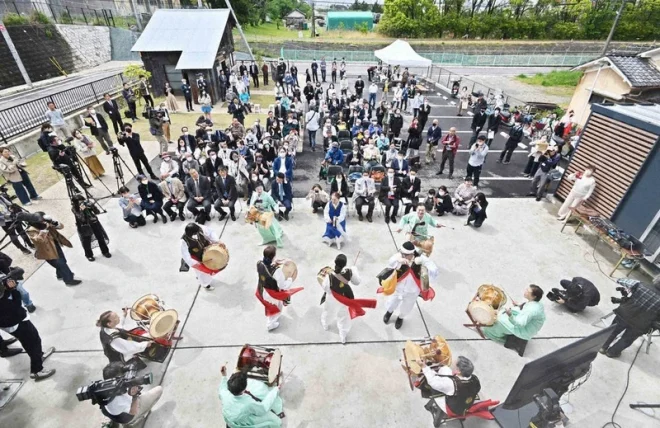
The “Utoro Peace Memorial Museum,” a community center located in the Korean ethnic enclave of Isehata-cho, Uji City, Kyoto Prefecture, celebrated its first anniversary on April 30th with a commemorative ceremony. About 250 people, including the Utoro Civil Fund Foundation that operates the museum, local residents, Japanese and Korean people who worked for the opening of the museum, attended the ceremony. They reflected on the history of the district, which was established after World War II, and pledged to continue developing activities to promote exchanges among people.
According to the foundation, the number of visitors over the past year was about 13,000, which is more than six times the originally planned number of 2,000. Visitors’ nationalities were also diverse, including groups of middle and high school students, university students, and corporate human rights training visitors, in addition to individuals.
Commemorative event one year after the opening of the Utoro Peace Memorial Hall, with the re-united Utoro Farmers’ Band performing.
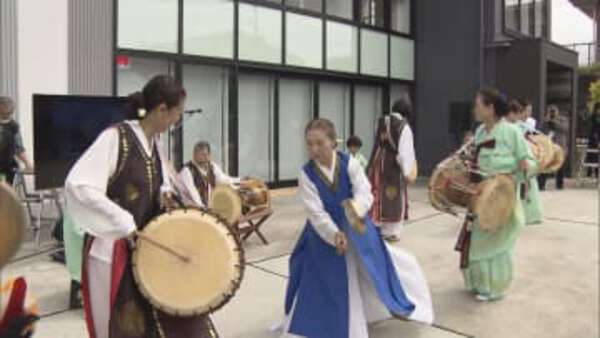
An event was held to commemorate the first anniversary of the opening of a facility in Utoro, Kyoto, where many Korean residents live, aimed at conveying the area’s history. (omitted)
At the event, the “Utoro Nogakutai” (Utoro Farming and Music Ensemble), which had once worked to preserve the culture of the area and was re-formed a year ago, performed music.
Kim Soo-hwan, Vice Director of the Utoro Peace Memorial Museum, said, “We want to work to ensure that lively and fun sounds are always heard while embracing the desire to preserve history and tradition.”
The gathered people enjoyed performances of traditional ethnic instruments from the Korean Peninsula.
[Sponsor Ad]
Utoro arsonist and victim meet in jail
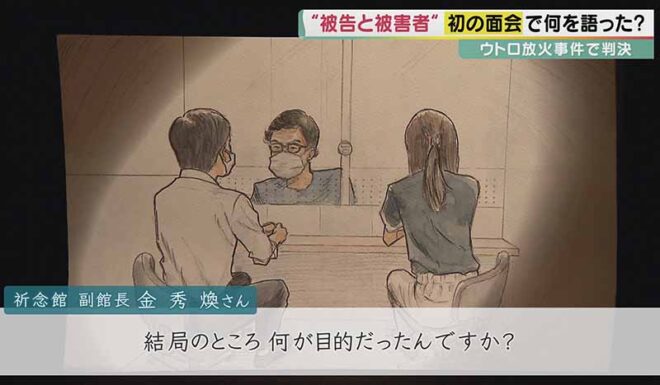
A trial was held for the suspect (××) who set fire to seven vacant houses in the “Utro District,” where many Korean residents in Japan live… (omitted) The reporter was present at a meeting between the defendant and the victim (note: Kim Seo-hwan, Vice Director of the Utro Peace Memorial Hall) at the detention center. The defendant, who had been fueled by one-sided hatred towards Korean residents in Japan, based on misleading information on the internet, met a Korean resident for the first time.
(Source「news runner」2022/08/30)
…(omitted)…
The defendant had heard about the Utoro area only five days before the crime.
He had only looked it up on the internet.
[Letter from the defendant to the press]
“We have the background to prevent the opening of the Prayer Hall to make people aware of past historical issues. If you ask me, ‘Do you have any regrets about this?’ I honestly don’t.“
Kim spent 12 years working with the residents to build this prayer hall.
I attended the trial to hear the Arimoto defendants’ arguments in person, but all they said made me want to cover my ears.
…(omitted)…
[Mr.Kim]
‘What was your goal in the end?’
[Defendant]
‘What we were aiming for this time was a question, a condemnation, if you like, of the prayer hall, a protest.’
The defendant began to answer without looking away from Mr.Kim.
…(omitted)…
[Mr.Kim]
‘It expresses my desire to continue living in the city I’ve lived in all my life, and to see if I can’t somehow solve the land problem…’
[Defendant]
“It was written that Utoro was the ‘home of the zainichi’, but in my mind I thought it was the ‘home of the anti-Japanese’.”
[Mr Kim]
‘Utoro has a history of overcoming discrimination and deportation orders. And it was the Japanese people who supported us. So it is not anti-Japanese, but rather a town built together with the Japanese.”
When Mr.Kim, who has “walked with the Japanese people”, heard these words, defendant Arimoto replied in a low voice: “I see.”
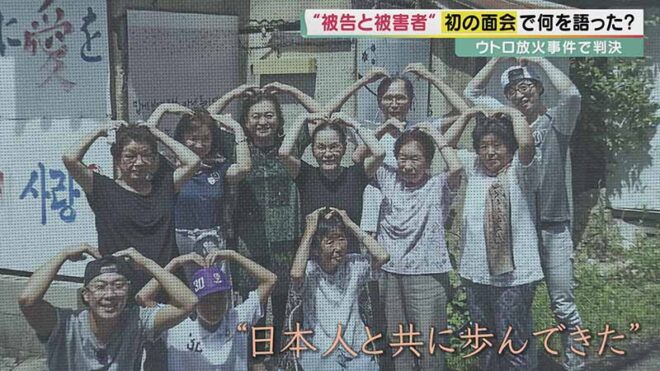
After the meeting at the detention centre, Mr.Kim felt hopeful that the xxx defendant’s perception of zainichi could be changed a little… but also felt frustrated that the fundamental solution to the hate crimes problem had not been reached.
…(omitted)…
[Mr.Kim]
‘But I can’t help but see [the xxx defendant] as a poor man. He may have had a hard time living in this society. If the story ends on a happy note, saying that he has changed his mind, the essence of the problem will be lost, so I don’t think I have sorted it out yet.
Towards a discrimination-free society.
Mr.Kim is determined to face them one by one.
■ What falsehoods did the defendant believe?
The defendant also replied in court that the residents of the Utoro area were illegally occupying the land.
However, an agreement has been signed between the owner of the land and the residents. Because of this agreement, there is no legal problem with the inhabitants of the Utoro area, but the defendant was led to believe that they were illegally occupying the land.
The defendant also told us that Koreans living in Japan can receive medical care without having to pay for it. However, this is not true. People on welfare are provided with medical treatment and medicine, but this is the same for both zainichi Koreans and Japanese. There is no system where only zainichi Koreans are given preferential treatment.
(Source「news runner」2022/08/30)
(Submitted by: Tsukasa Kyuji)

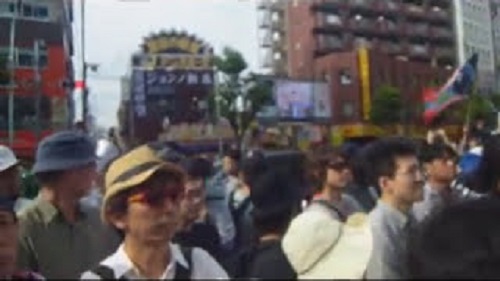
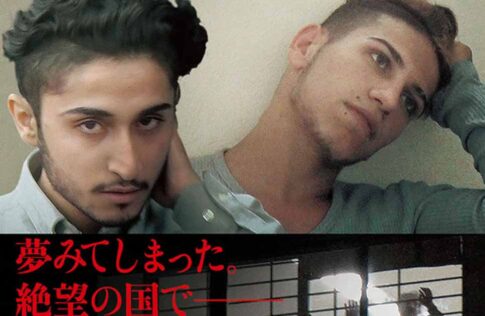

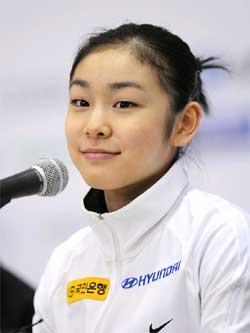
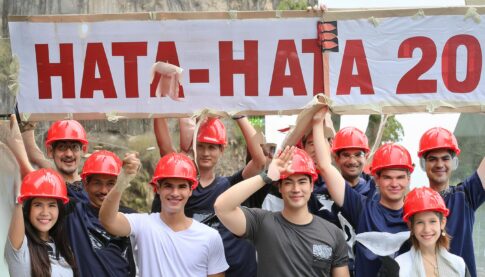
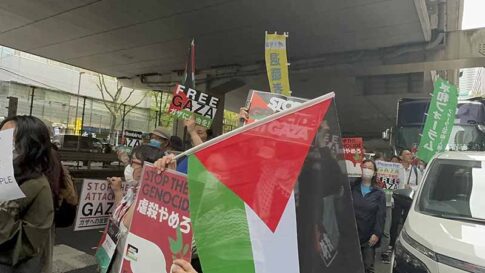
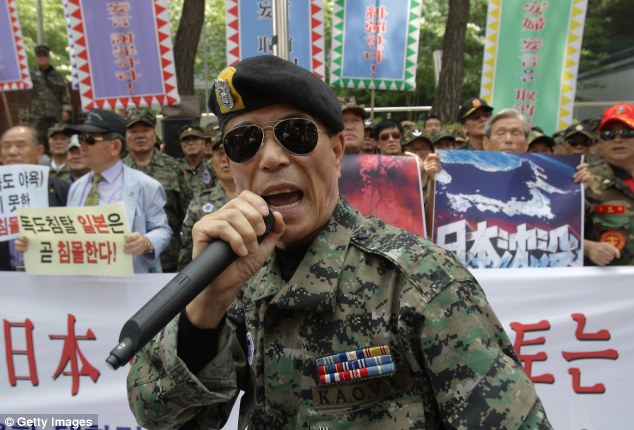
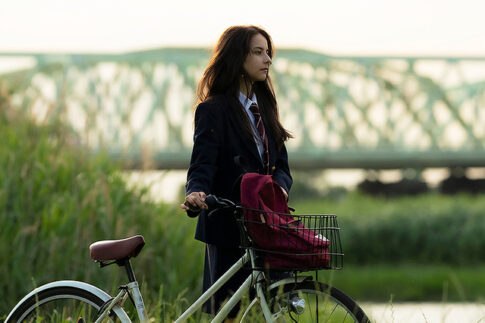

 Donations are made in Japanese yen. 300 yen is approximately 2 USD.
Donations are made in Japanese yen. 300 yen is approximately 2 USD.





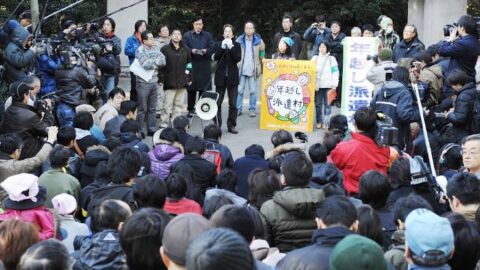
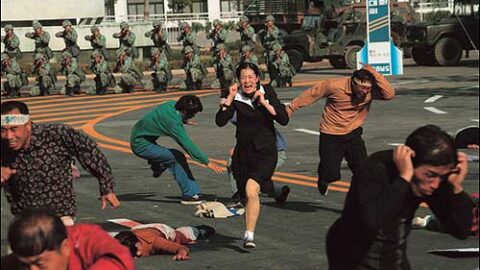


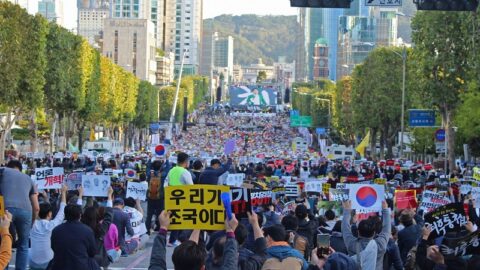
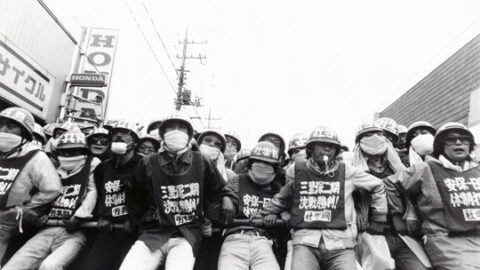

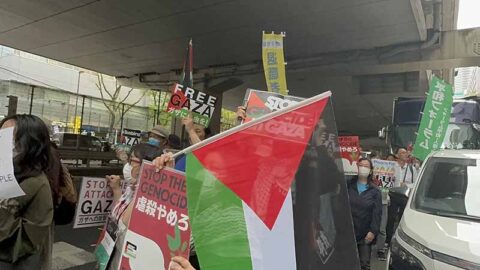
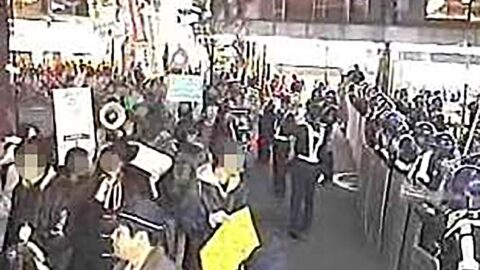
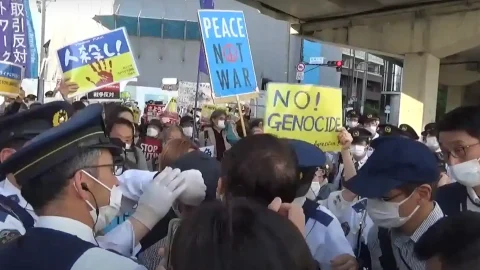


Leave a Reply